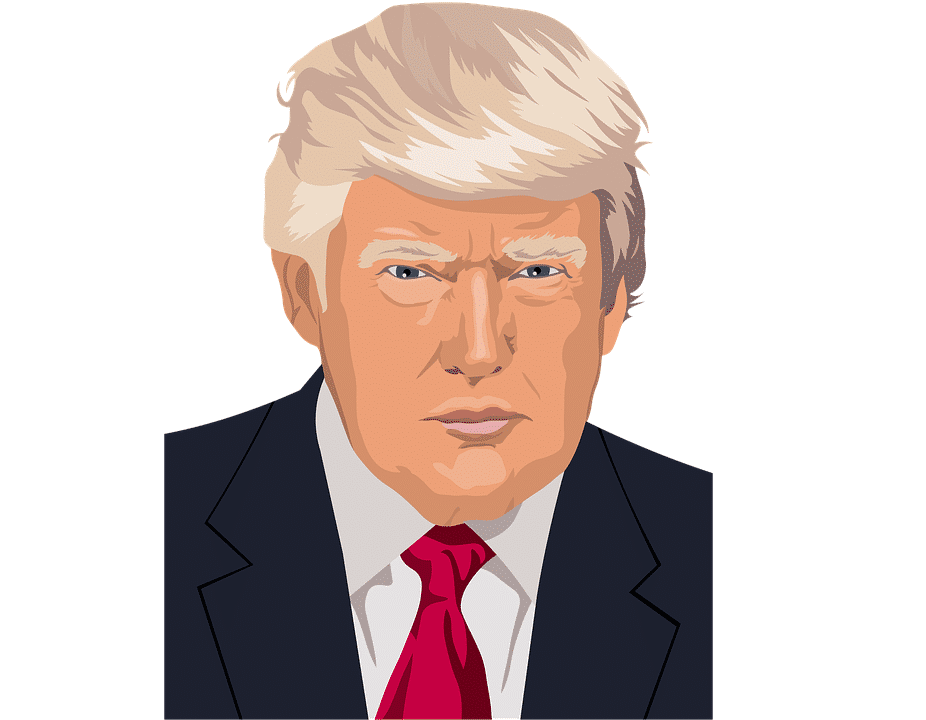Ever the controversial figure, the new president of the United States, Donald Trump recently signed an executive order restricting which bodies of water are subject to pollution regulations while at the same time espousing the aim of his administration aims to promote clean air and clean water.
Now I don’t know about you, but when my drinking water comes from streams or rivers and the power of the Environmental Protection Agency (EPA) to enforce clean water laws is effectively negated, making those responsibilities the domain of individual states, I get worried.
Under the Obama Administration, the Waters of the United States rule was added to the Clean Water Act of 1972. This rule expands the EPA’s purview from navigable waters to any continuous flow of water, and the dismantling of this rule means that Trump’s promise to promote clean air and water is nothing more than rhetoric.
The problem of leaving pollution standards up to individual states is that streams and rivers do not stop at state boundaries, and one state being lax in its pollution laws could mean that another state’s shared waterways could be disproportionately and negatively affected.
Durelle Scott from Virginia Tech in Blacksburg says, How land is managed in one state will affect what happens downstream. When we think about water management, we have to think about the entire watershed.
This new bill could be a travesty for all Americans because it means that landowners such as farmers and developers are suddenly unsure of what they can do on their own land and could also end up negatively affecting poorer counties and states if they have to foot the bill for cleaning up pollution that is not of their making.
Developers are also currently required to offset habitat destruction, which, under Trump’s new law, would be left to local taxpayers to cover.
Ricardo Salvador at the Union of Concerned Scientists says, Industry got around some of the regulations of the original Clean Water Act by digging artificial ditches, which, by definition, were not navigable, so they could escape regulation that way. It’s pushing the problem downstream and making it more expensive for society. We’ll all end up paying for it if we have to put more money in on the water treatment side.
Get bottled water dispenser and mains water dispenser from Living-Water.






